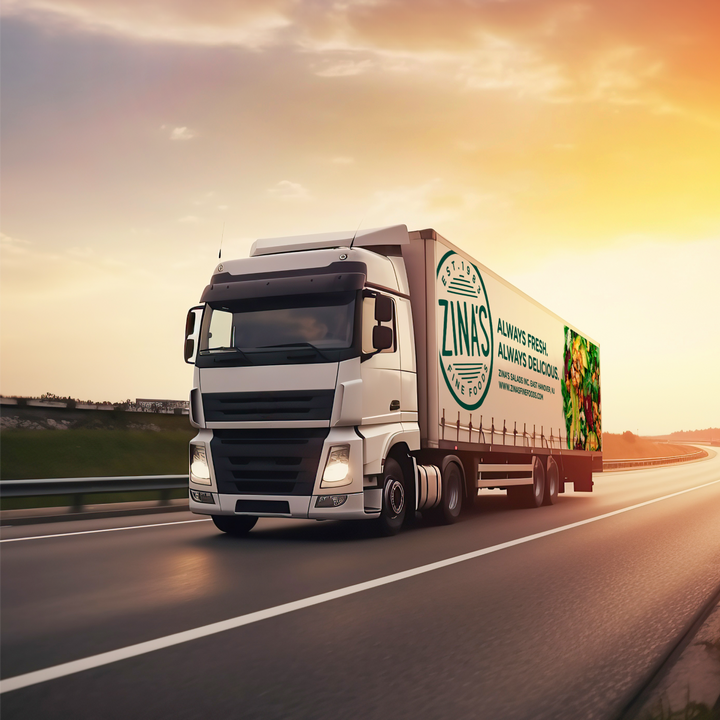
EVER FIND YOURSELF CAUGHT IN THE DEBATE BETWEEN FRESH AND FROZEN, WONDERING IF THE LATTER IS JUST A SAD, FROSTY COUSIN OF THE REAL DEAL? SPOILER ALERT: IT’S NOT!
Opening
We often fall into the trap of thinking fresh is the only way to go, leaving frozen in the culinary cold. But let's shatter that frosty myth. Frozen foods can be as good as—or even better than—fresh ones in many cases.
The Scoop on Frozen Goodness
Vegetables
Let’s dive into the veggie crisper, or rather, the freezer aisle. Research shows that frozen veggies are like little time capsules of nutrition. They’re usually picked at peak ripeness and frozen right away, locking in their vitamins and minerals. A study from the Journal of the Science of Food and Agriculture showed that frozen veggies hold onto their nutrients just as well as their fresh counterparts, especially when they’re blanched before freezing. So, those frozen peas and carrots? They’re nutritional powerhouses ready to jump into your next meal.
Thermal Treatment and Nutrient Stability
Here’s the thing about cooking: it levels the playing field. Whether your veggies were fresh or frozen before they hit the pot, the cooking process evens out any differences. Thermal treatment—think boiling, steaming, or sautéing—might knock out a bit of the water-soluble vitamins, but it doesn’t matter if the veggies were fresh or frozen to start with. So go ahead, toss those frozen carrots and bell peppers into your soup. They’ll shine just as brightly as fresh ones.
Pasta and Stuffed Pasta
Now, let’s talk pasta—specifically, those delightful stuffed varieties like tortellini. Frozen pasta is a starch lover’s dream. The freezing process slows down starch retrogradation, which is a fancy term for when pasta gets chewy and unpleasant after being cooked and cooled. According to a study in the Journal of Agricultural and Food Chemistry, frozen pasta stays tender and tasty, making your meals even more delicious.
Fruits
Fruit lovers, rejoice! Frozen fruits are your best friends when your favorite berries are out of season. Picked at peak ripeness and quickly frozen, they lock in flavor and nutrients. Whether you’re whipping up a smoothie or baking a pie, frozen fruits are a convenient and healthy choice. A study in Food Research International found that the antioxidant levels and vitamin content of frozen berries are just as high as fresh ones. So, blend away and enjoy those nutrient-packed fruits year-round.
Environmental and Practical Benefits
Let’s get real about waste. Fresh produce can spoil faster than you can say “compost bin,” leading to food waste. Frozen products, on the other hand, are ready when you are, reducing spoilage and making them more eco-friendly. Plus, fresh produce often needs a cocktail of chemicals to stay perky during long journeys to your plate. Frozen foods skip this step, arriving chemical-free and just as nutritious.
If you’re planning to cook the product later, the difference between fresh and frozen is virtually nonexistent. And the availability of healthy ingredients all year round is a massive plus. Sure, we love grabbing fresh, seasonal produce from the local market (and we do this both at work and home), but for everything else, frozen is a stellar option.
Conclusion
In a nutshell (or perhaps an ice cube), frozen vegetables, stuffed pasta, and out-of-season fruits are fantastic choices that keep their nutritional punch and offer unparalleled convenience. Embrace the freeze and enjoy nutritious, delicious meals with ease.






